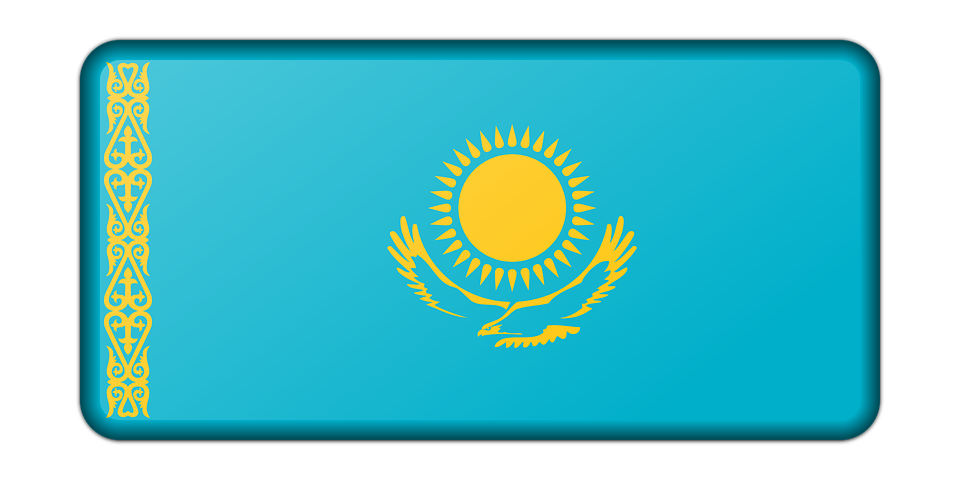Despite broad-based speculation about the deteriorating health of Russian President Vladimir Putin, he remains in command of the war in Ukraine and now may be harboring grander geopolitical ambitions beyond Ukrainian territory. Recent reports coming out of Central Asia this week point to increased Russian interference in Kazakhstan that could be indicative of a future Russian “special military action” in the country. Over the last three decades Kazakh leaders have heard Russian threats repeated regularly about Moscow’s designs on Kazakhstan. Only six months after Russia annexed Crimean, Putin boldly proclaimed that Kazakhstan never was a country and that “Kazakhs never had any statehood….” Just over a month ago, Communist Party member Sergei Savostyanov, a deputy in the Moscow City Duma (Council), in a written statement supporting Russia’s invasion of Ukraine, added Kazakhstan to the list of locations where Russia should take similar action to that in Ukraine. The other states included the Baltics, Moldova, and Poland.
Moscow has long labeled Kazakhstan’s Guryev Province (now called Atyrau) and Tselinograd Province (now called Akmola) “ancient Russian territories,” although Russians make up only 35% of its population. “Throughout the 1990’s, there were Russian and Cossack groups in Kazakhstan who called for areas in northern Kazakhstan to join Russia,” according to Pannier. Ethnic Kazakhs make up more than 63% of the population today. Gennady Zyuganov, head of the Russian Communist Party, said that northern Kazakhstan was historically Russian territory and that Putin needed to “protect the Russian-speaking population against the “national arbitrariness that is happening in Kazakhstan.” Zyuganov also suggested that Putin should take control of its Baikonur Cosmodrome, located in Kazakhstan, along with the country’s uranium mining industry. Today, Kazakhstan is the world’s leading producer and exporter of uranium.
On December 10, 2020, Vyacheslav Nikonov, a Russian Duma deputy and head of its Education and Science Committee, in December 2020 said on a Russian television that when the Soviet Union formed in 1917, “Kazakhstan simply did not exist as a country, its northern territories were basically uninhabited,” according to Pannier. Three days later, he adds, Duma deputy Yevgeny Fedorov announced that the Belavezha Accords that dissolved the Soviet Union were illegal and Kazakhstan was effectively “easing” Russian land. The worries about Russian designs on Kazakhstan appear to be increasing, according to Pannier. At the end of March, Kazakh Deputy Prosecutor General Bulat Dembayev blatantly issued a warning to the country’s citizenry to take care in what they posted about the “conflict between the Russian Federation and Ukraine” on social networks. Dembayev pointed out that some Kazakh users of social networks have publicly commented on the ongoing events in Ukraine and posted separatist calls regarding the integrity of the territory of Kazakhstan. He reminded them, “Deliberate actions aimed at inciting ethnic hatred, public calls to violate the integrity of Kazakhstan” and are punishable by up to 10 years in prison.
A rally opposing the Russian war was cancelled recently when Kazakh officials refused the group a permit to gather. Pannier says Kazakh leaders can try to “downplay the significance of these comments, but it is troubling that Russian officials continue to make them. And even more so since there has been no effort from Putin or any other Russian official to put an end to it.”
Malcolm Davis, writing in Clear Defense this week, notes that if Putin does not go nuclear “It’s also possible that Russia could decide to escalate at a conventional level by extending its attacks beyond Ukraine.” He points out that Russia is already making implied threats of extending the war to the disputed Transnistria region of Moldova. That would dramatically increase the threat to Romania, a NATO member, and destabilize the Moldovan state, many of whose residents are ethnically Romanian. Kazakhstan might not be that far behind.
Last month Kazakhstan’s deputy foreign minister, Roman Vassilenko, said the country would welcome companies leaving Russia that wanted to relocate there and that his country would not want to be on the wrong side of a new “iron curtain.” Recently, Kazakhstan officials have refrained from criticizing Russian military actions in Ukraine although Kazakh President Kassym-Jomart Tokayev is reported in Al Jazeera had earlier this year stated that that all countries must strictly adhere to the norms and principles of the United Nations charter.
Daria Novak served in the U.S. State Department
